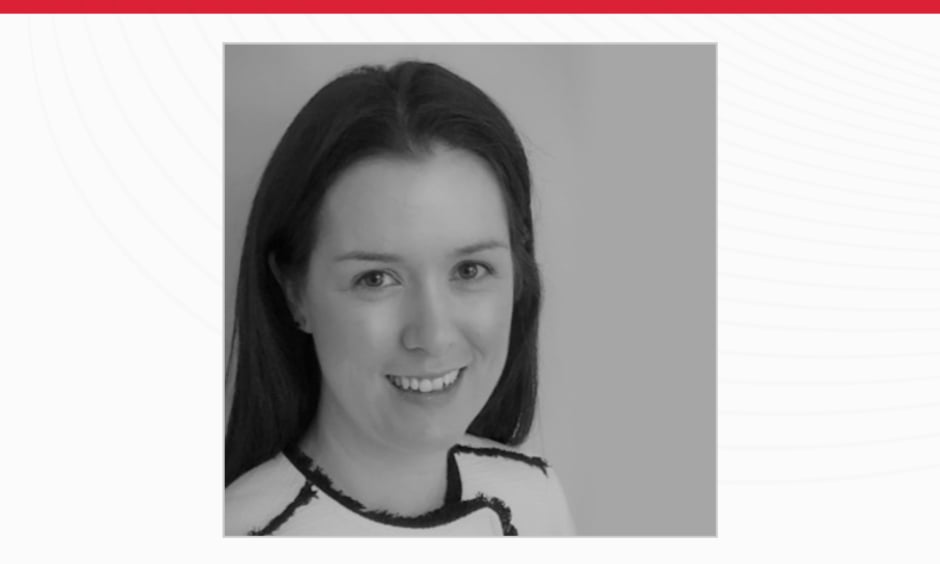Rebecca Dobson | Consultant Cardiologist, Imaging and Cardio-Oncology, Liverpool Heart and Chest Hospital NHS Foundation Trust; Women in Cardiology (WIC) Council Representative, British Cardiovascular Society
Was there a particular event or person that encouraged you to pursue a career in cardiology and, more specifically, cardio-oncology and echocardiography imaging?
One of my first ‘house jobs’ was in cardiology, in a District General Hospital, with two great Consultants, one male and one female, who both encouraged me to pursue my interest within the specialty. I think good role models are vital to encourage and support young doctors to become cardiologists. As part of my post-graduate degree, I spent time echoing patients at my local oncology specialist trust and, whilst I was there, there were always many questions from oncologists about cardiology issues and the need for a cardio-oncology service was clear to me. I therefore combined this with my love for echocardiography and have set up a regional cardio-oncology programme.
Do you think there are any misconceptions about your speciality?
Yes! Many medical students and junior doctors believe that cardiology is not family-friendly or it’s not possible to work part-time or flexibly, and I believe this puts off a significant number of talented doctors from ever applying to the specialty. Many seemingly well-meaning consultants told me when I was a junior: “Don’t be a cardiologist if you want to have a life outside of work.” I’m so glad I ignored them as I have a great job and work-life balance. Part of my role as Women in Cardiology (WIC) rep for the British Cardiovascular Society (BCS) is to engage with medical students and junior doctors to dispel these misconceptions. I firmly believe that we can’t be what we don’t see and so having highly visible role models is crucial to this initiative.
In the guideline you co-authored last year, entitled ‘British Society of Echocardiography and British Cardio-Oncology Society Guideline for transthoracic echocardiographic assessment of adult cancer patients receiving anthracyclines and/or trastuzumab’, what was the key message you were trying to deliver?
This guideline was aimed at all involved in the assessment of cancer patients receiving anthracyclines and/or human epidermal growth factor receptor 2 directed therapy. It provides a framework and echocardiographic protocol to shape the assessment of this group of patients, with an emphasis on high quality, accurate, and reproducible scans and analysis. The key message is that, in order to achieve this, 3D volume assessment and the measurement of global longitudinal strain are required as this decreases inter-observer variability and improves reproducibility. The guideline also provides definitions of anthracycline/trastuzumab-induced cardiotoxicity and touches upon other issues such as who to refer to a cardio-oncology service.
Over the years that you have been practicing within cardio-oncology, how have you seen the field change?
The world of cardio-oncology is expanding rapidly. The incidence of cancer is increasing but, happily, more and more people are surviving their cancer. This has resulted in more and more people being exposed to potentially cardio-toxic therapy and also patients who previously would have died of their cancer are now surviving and living with the late-effects of chemotherapy and radiotherapy and also concomitant cardiovascular disease. Immunotherapy is a perfect example of a type of drug which has revolutionised prognosis for patients with particular types of cancer, such as malignant melanoma, but comes with the cost of potential cardiotoxicity. These patients need to be screened and monitored for cardiovascular complications as the consequences of immunotherapy-induced cardiotoxicity can be fatal.
Since your appointment as a Council Representative with the BCS, what has been your proudest achievement?
Since becoming a BCS WIC rep, I have joined forces to form a BCS WIC group with four other female cardiologists who are all passionate about promoting and supporting women in cardiology. We’re also all keen to engage with medical students and junior doctors who are considering a career in the field. Through the combined efforts of this group, we have secured funding from the BCS for a dedicated WIC administrator, who will facilitate our planned projects and initiatives; that is my proudest achievement to date, although I must say it wouldn’t have been possible without the invaluable input from the BCS WIC group.
Are there any innovations on the horizon in the field of cardiac imaging that you think are particularly noteworthy?
I think that artificial intelligence will become increasingly important in the field of cardiac imaging. We know that computers are generally better than humans at a whole multitude of things and I suspect the same is true for interpretation of cardiac imaging.








